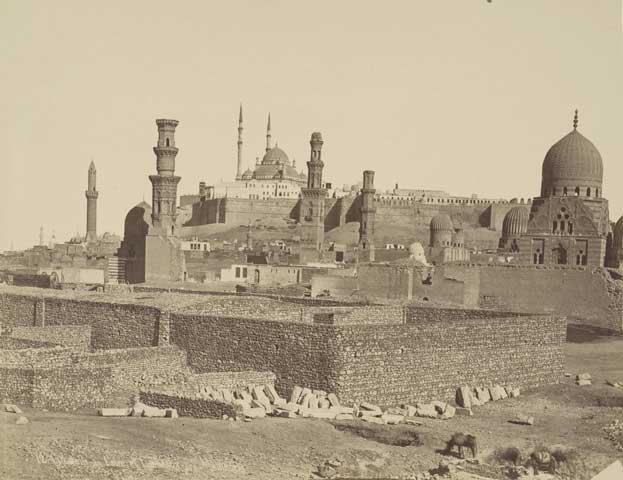Historic Cairo Tucked away amid the modern urban area of Cairo lays one of the world's oldest Islamic cities, with its famous mosques, madrasas, hammams and fountains. Founded in the 10th century, it became the new centre of the Islamic world, reaching its golden age in the 14th century. The historic centre of Cairo bears impressive material witness to the international importance, on the political, strategic, intellectual and commercial levels, of the city during the medieval period. There are few cities in the world as rich as Cairo in old buildings: the historic centre on the eastern bank of the Nile includes no less than 600 classified monuments dating from the 7th to 20th centuries, distributed over various parts of the well-preserved urban fabric, which represent forms of human settlement that go back to the middle Ages.

Continent: Africa
Country: Egypt
Category: Cultural
Criterion: (I) (IV)(VI)
Date of Inscription: 1979
The death of the Prophet Muhammad, the founder of Islam
In the 7th century, following the death of the Prophet Muhammad, the founder of Islam, Arab armies marched with great speed to conquer neighbouring lands. In 640 the army of the Caliph Omar reached the Nile, occupied Babylon, and founded across from it his own capital al-Fustat, surrounded by an enclosure wall. There the caliph built the Mosque of the Prophet in Medina: enclosing a simple courtyard surrounded by brick walls, it perfectly embodies the essence of Islam, severe and almost military in character.
 |
| Historic Cairo |









No comments:
Post a Comment